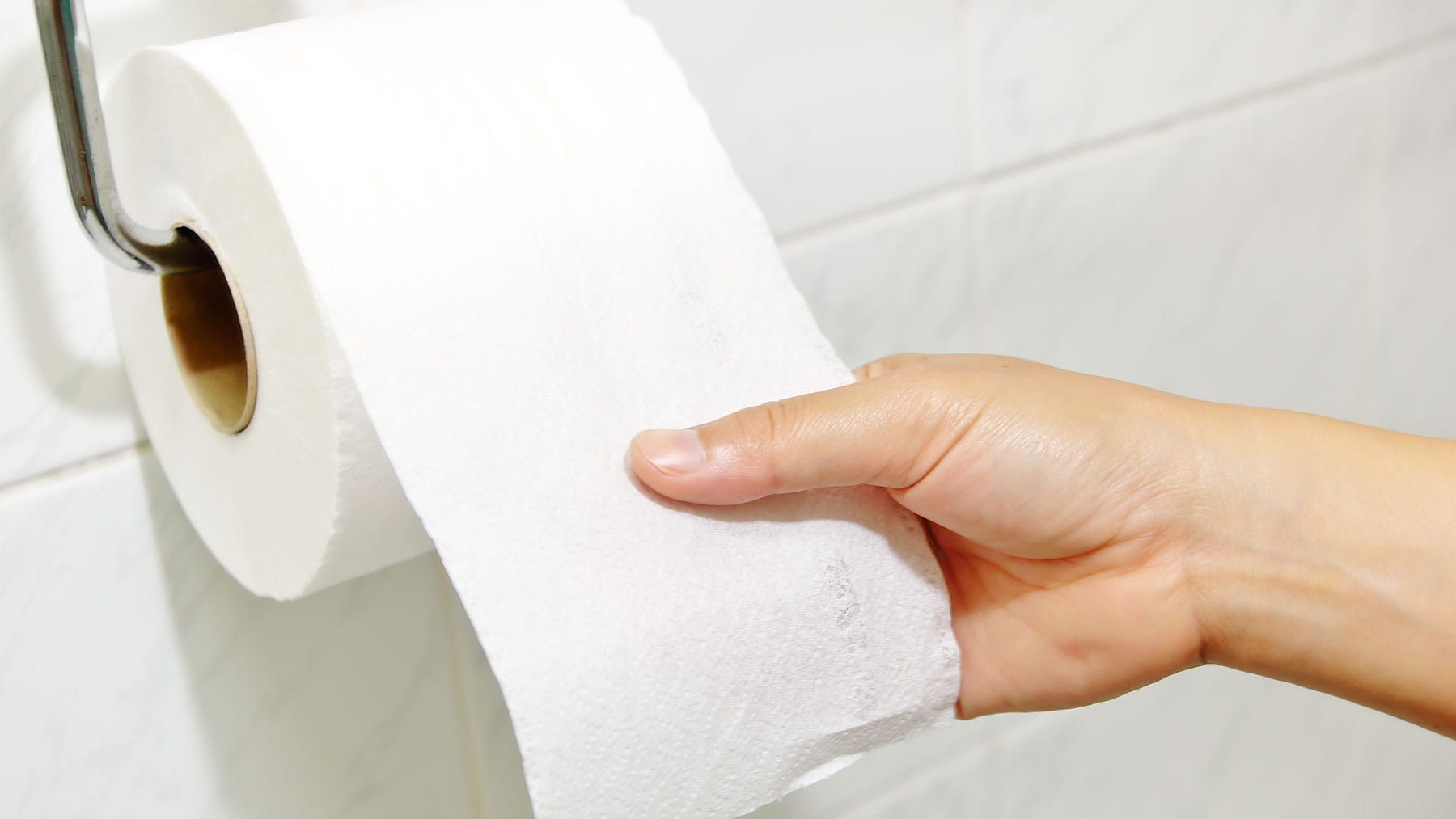3 ways to keep things moving in the bathroom

The textbook definition of constipation is when you have fewer than three bowel movements a week. But constipation is more than not being able to go. It also may be incomplete evacuation, being unable to feel a sense of relief, straining to go or having stool that comes out in hard, small pellets.
Constipation may be caused by consuming a lot of dairy products like milk and cheese, or taking certain medications like pain killers, antihistamines, antidepressants and iron supplements. Pregnancy and thyroid or neurological disorders can be a contributing factor.
The good news is that there are three key natural ways to help keep things moving in the bathroom.
Diet
Fiber is really great for gut health. It not only promotes good bowel function, it may also help to control weight, improve glucose control in diabetes and decrease the risk of colon and rectal cancer. Women should have 25 grams of fiber per day and men should aim for 35 grams. When you’re reading labels, a good guideline is to look for foods with at least three or more grams of fiber per serving.
There are two types of fiber, soluble and insoluble. Soluble fiber creates a gel in your intestines when consumed. It absorbs water, so it slows digestion down a bit. Insoluble fiber is your bulking agent to help push food through the body. Fiber containing foods don’t just have one or the other – they work in synergy.
Fruits, vegetables, whole grains, nuts and legumes are good sources of fiber. Raw foods have more fiber than cooked, since the cooking process breaks them down.
If you don’t already follow a diet that has at least 25 to 35 grams of fiber, increase your fiber intake slowly. If you do it suddenly, it could cause abdominal pain, cramping, gas or bloating.
Hydration
Water helps food move through your gastrointestinal system. Drink at least eight cups of water each day. This is in addition to water found in fruits, vegetables and foods like soup, popsicles and Jell-O. Other drinks that may be helpful in maintaining regularity include coffee and apple or prune juices.
Exercise
Mobility is critical when it comes to maintaining regularity. Gravity and moving helps things move through your gastrointestinal tract.
The physical activity guidelines for Americans recommend at least 150 minutes of moderate intensity exercise a week. If you do 30 minutes, five times a week that would add up to the 150 minutes. Good exercises include walking, jogging, biking or the elliptical. Really, most types of body movement are going to help with regularity.
Other things to keep in mind
- Don’t ignore the urge to go to the bathroom. Repeatedly postponing bathroom trips can affect a normal nerve reflex that helps you pass stool easily and can therefore lead to constipation problems.
- If you’re considering medications to help your constipation, talk to your doctor. They know your health history and can determine what medication would work best to treat your constipation.
Olivia Vaughn is a registered dietitian who specializes in gastrointestinal health at The Ohio State University Wexner Medical Center.




